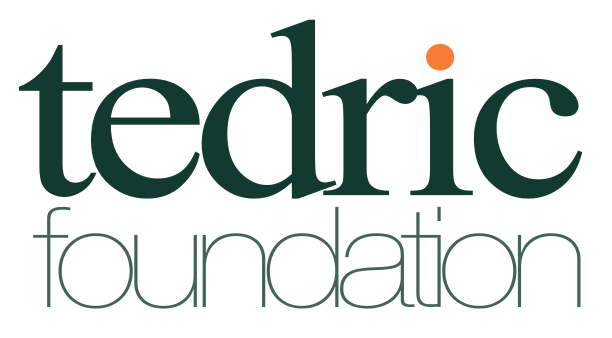
Alternative Economic Models
Alternative economic models, such as the Donut Economy, Degrowth, and Solidarity Economy, propose different goals and methods than traditional capitalism, focusing on sustainability, equity, and community well-being. Other examples include localization, rights-based economies, and post-growth economies, which all aim to address issues like inequality, environmental degradation, and corporate dominance by shifting priorities from profit-driven growth to social and ecological health.
Key Characteristics of Alternative Models
- Prioritizing Social and Ecological Goals:
- These models reorient economic activity to serve human and planetary well-being, rather than solely maximizing profits and growth.
- Promoting Equity:
- They emphasize fair wages, reduced inequality, and community benefits, moving away from exploitative practices.
- Focusing on Sustainability:
- Many alternatives integrate environmental concerns, advocating for reduced resource consumption and ecological responsibility.
Examples of Alternative Economic Models
- Donut Economy:
- Coined by Kate Raworth, this model seeks a "safe and just space for humanity" by ensuring that economic activity does not exceed Earth's ecological limits while also providing a decent standard of living for everyone.
- Degrowth:
- This approach suggests that current industrial production must be reduced to stay within planetary boundaries, promoting deceleration, moderation, and local production.
- Solidarity Economy:
- A broad category of economic models that emphasizes collective action, cooperatives, community well-being, and different forms of ownership.
- Localization:
- This process shifts economic activity to local and regional levels, fostering self-reliance and keeping money within the local community, rather than concentrating power in mega-corporations.
- Rights-Based Economy:
- A model that places human rights at the core of economic policymaking, advocating for an economy that works for people and the planet in accordance with these rights.
- Economy for the Common Good:
- A model that prioritizes human dignity, fair wages, and community well-being, aligning economic activity with ethical principles.
Common Themes and Motivations
- Critique of Capitalism:
- Many alternative models emerge as critiques of the prevailing capitalist system, highlighting its tendency to cause inequality and environmental damage.
- Focus on Community and Well-being:
- These alternatives often stem from a desire to build economies that are more democratic, inclusive, and supportive of local communities and collective well-being.
- Addressing Crises:
- Alternative models are frequently developed during periods of economic crisis to offer solutions that traditional economic approaches fail to provide, particularly concerning social injustice and ecological breakdown.
